Table of Contents
What is DeFi?
DeFi refers to decentralized finance, it is a term used within the fintech and blockchain spheres. The term is essentially nested within blockchain. If you hear or read about fintech posing a threat to financial institutions then this “threat” comes from DeFi.
Centralized Financial System | What is DeFi?
Before we move on, it is important to state what DeFi is trying to provide in an alternative way. In other words, the conventional banking and finance system is a centralized system. The financial system in every country is controlled by the government. The central bank devises the monetary policy, which then controls the supply of money and the interest rates.
Role of Regulators | What is DeFi?
The government also appoints regulators to keep checks on the markets. These regulators provide a level playing field to all the participants within the economy, they also regulate the flow of money in a society. If any country deems certain financial services or practices as illegal, then the regulators ban those activities and services. Similarly, the legal activities are regulated, to make sure that everything functions in an orderly manner. One of the key responsibilities of regulators is to prevent financial fraud, scams and money laundering.
We have established that the current system is centralized. Even the autonomous commercial banks and other financial institutions are tied together under the umbrella of the central bank. They are regulated by regulators appointed by the government and the markets. The regulators make sure that the system works according to the centralized policy.
Let us now explore DeFi, with the above-mentioned characteristics of the conventional system in mind.
DeFi as mentioned above refers to decentralized finance. The very name means that DeFi is in direct opposition to the conventional banking and finance system. When people say that blockchain has the ability to create an alternative financial system, they refer to DeFi. Blockchain, as discussed in earlier posts, refers to a set of protocols or a framework, very much like the internet upon which other applications are built.
Bitcoin has its own blockchain protocol and many cryptocurrencies use it. Similarly, Ethereum, which is also a very popular cryptocurrency has got its own blockchain protocol. Ethereum is used by DeFi because its protocol is more flexible and allows the creation of new applications with a wide range of features including smart contracts.
What is a Smart Contract?
A smart contract is a contract written on a blockchain, with the ability to execute itself upon the fulfilment of the conditions laid down in its code.
Consider a normal contract. You need at least two parties for a contract. Both parties have to agree to the terms of the contract. Usually, one party performs a certain set of actions and upon the performance of these actions, the other party pays the consideration for the performance of those actions. The consideration is paid through a bank or a third party. Once both parties have fulfilled their performance obligations, the contract stands completed.
A smart contract is very much like any ordinary contract, except for the fact that it is written in code, on a blockchain. So for a normal contract, you need an underwriter but for a smart contract, you need a coder who can write the code for the blockchain.
The terms of engagement for a smart contract are just like any normal contract. The mode of payment for a smart contract has to be through blockchain. So once it is clear that the performance obligation of the party has been completed, the smart contract will automatically execute the transfer of funds. There is thus no third party or bank involved. Furthermore, since the smart contract is on a blockchain, it cannot be changed. Yes, you can alter or edit a smart contract but it can only be done with the consent of both parties, with additional coding.
Unlike normal contracts, you cannot forge a smart contract or edit it without the knowledge of the other party. Smart contracts are therefore safer, efficient and transparent as compared to normal contracts. They do not require any intermediary or third party and can be carried out between anonymous parties.
Smart contracts have a wide range of potential uses, they can be used in anything from voting to insurance contracts. Consider this example. Suppose a person is waiting for a flight and suddenly they hear the announcement that the flight has been delayed.
Suppose that this person has got flight delay insurance from a company that uses smart contracts. If the term of the contract states that the flight delay insurance becomes applicable only if the flight has been delayed for three hours or more. Now if the flight is delayed for four hours, the smart contract will automatically get the data from the flight database. Once the three-hour condition is fulfilled, the contract will execute on its own, making the insurance holder eligible for a claim. Thus taking out the need for manual confirmation by the insurance agency.
The whole process of filing for insurance and getting a claim becomes streamlined and convenient for all parties.
Similarly, smart contracts have a lot of potential for trade finance. Malaysia has recently joined the small but growing list of countries that are using smart contracts to issue a letter of credit to traders. A process that previously took three to four days now takes only a few hours. Thus resulting in an increased volume of trade.
Smart contracts have been pivotal in increasing the growth of DeFi. They have enabled blockchain-based companies to roll out saving, lending and investment options that are indeed providing people with an alternative to the conventional banking system. These solutions however are at their initial stage and thus going through a trial and error phase, to test what works best and what does not.
It won’t be long before DeFi applications cross their critical mass and start creating some serious disruption in the banking and finance sectors.
Can you imagine the impacts of this on our lives?
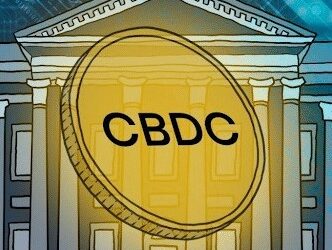

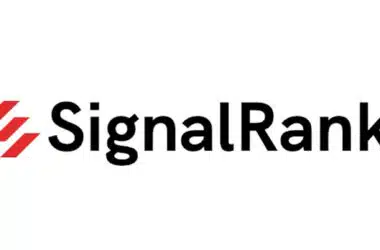


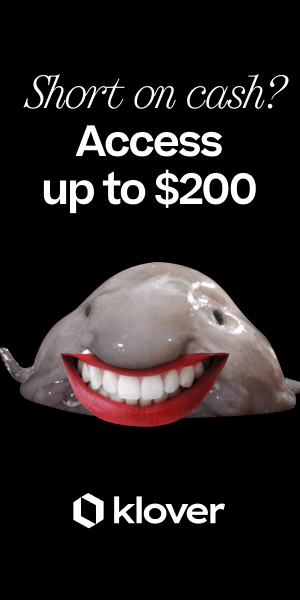
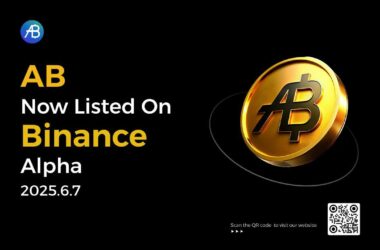
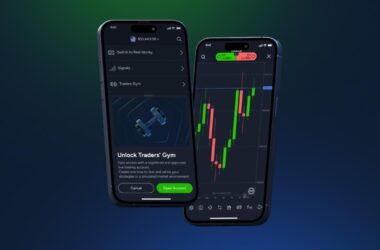
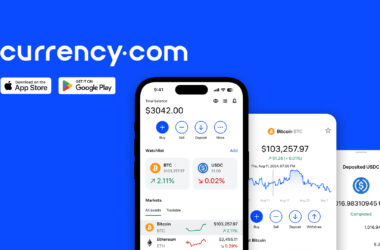


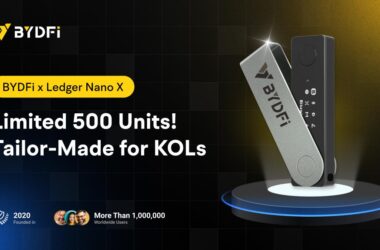
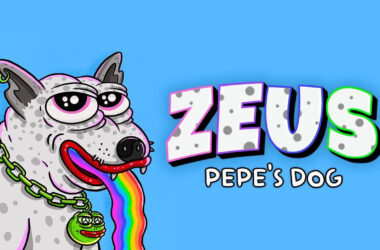

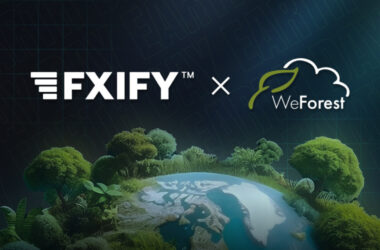
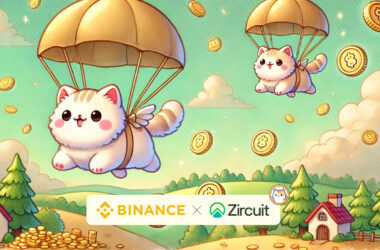
Recent Comments